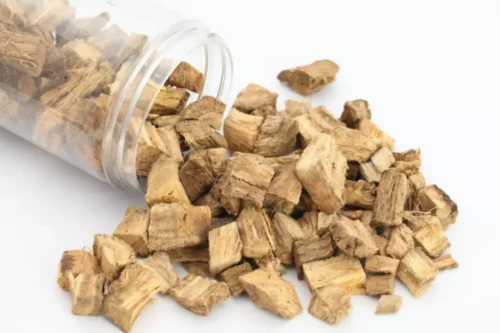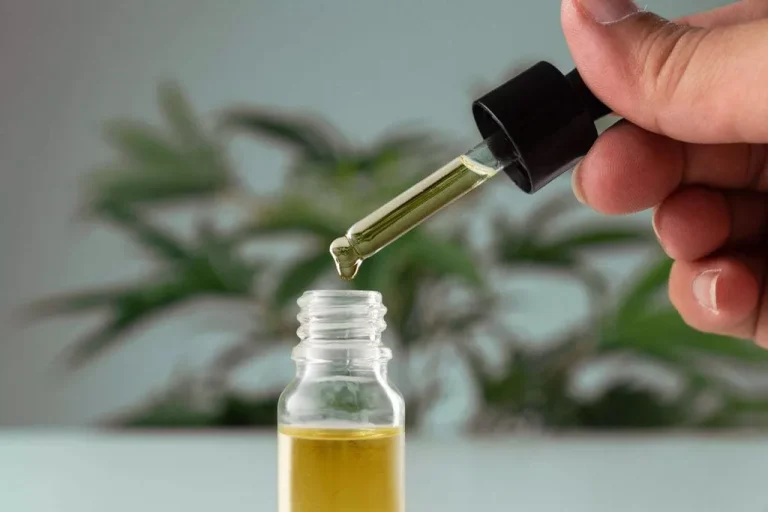What Helps With Alcohol Withdrawal? 18 Tips

Because confusion is a key symptom of DTs, people with this condition can’t make informed choices about their care. It may be necessary for family or loved ones to make decisions if you can’t make choices for yourself. Because denial is common, you may feel like you don’t have a problem with drinking. You might not recognize how much you drink or how many problems in your life are related to alcohol use. Listen to relatives, friends or co-workers when they ask you to examine your drinking habits or to seek help. Consider talking with someone who has had a problem with drinking but has stopped.
- Reducing alcohol intake or quitting alcohol entirely is an important step toward improving your health if you have alcohol use disorder.
- People who have an addiction to alcohol or who drink heavily on a regular basis and are not able to gradually cut down are at high risk of AWS.
- If untreated, delirium tremens can cause severe symptoms including heart attack, stroke, and death.
- Alcohol withdrawal syndrome (AWS) describes a broad range of symptoms a person with AUD may experience when reducing or stopping alcohol misuse.
Who is at risk of alcohol withdrawal delirium

Within six hours of your last drink, mild symptoms of alcohol withdrawal may begin to appear. If you notice your symptoms do not progress or get worse within 24–48 hours, you will likely recover from withdrawal without risk. However, depending on the amount of alcohol typically consumed and the duration of alcohol use, the timeline of symptoms may vary. Misusing alcohol, including binge drinking and heavy alcohol use, puts you at risk for alcohol withdrawal syndrome. Typically, people who develop an AUD are at higher risk for alcohol withdrawal syndrome.
How alcohol withdrawal delirium is treated
Once withdrawal is complete, additional medications and supplements may be needed to address complications and nutritional deficiencies that occur because of chronic alcohol use. Benzodiazepines carry a Food and Drug Administration boxed warning because there is a risk of dependence. If you’re prescribed a medication from this class of drugs talk with your doctor about the risks before taking them and always follow the doctor’s instructions.

What are the symptoms?
For most people, alcohol withdrawal symptoms will begin to subside after 72 hours. If you are still experiencing withdrawal symptoms after three days, talk to your healthcare provider. Inpatient treatment, or staying at a hospital or care facility, may be necessary for someone with moderate to severe symptoms of alcohol withdrawal. Inpatient treatment allows healthcare professionals to monitor you for DT or hallucinations, monitor your vitals, and administer fluids or medicine intravenously if needed. The symptoms of alcohol withdrawal delirium include withdrawal seizures that can occur between 8 and 28 hours after your last drink. Signs of an impending seizure include tremors, increased blood pressure, overactive reflexes, and high temperature and pulse.

Medications for Alcohol Withdrawal Symptoms

A score of 15 or higher means you’re at high risk for delirium tremens. Alcohol withdrawal is common, but delirium tremens only occurs in 5% of people who have alcohol withdrawal. Delirium tremens is dangerous, killing as many as 1 out of every 20 people who develop its symptoms. Alcohol withdrawal is easy to diagnose if you have typical symptoms that occur after you stop heavy, habitual drinking. If you have a past experience of withdrawal symptoms, you are likely to have them return if you start and stop heavy drinking again. There are no specific tests that can be used to diagnose alcohol withdrawal.
- If you have an alcohol dependency problem and have decided to stop drinking, call your doctor for help.
- Proposed regiments include fixed dosing with as-needed doses available.
- With alcohol out of the equation, though, these chemicals cause withdrawal symptoms.
- This is the period in which delirium tremens is most likely to occur, which requires immediate medical attention.
Reducing alcohol intake or quitting alcohol entirely is an important step toward improving your health if you have alcohol use disorder. But this is a goal you should also approach safely, and you don’t have to do it alone. Alcohol withdrawal syndrome is a clinical diagnosis that relies heavily on the history and physical, which is also used to gauge disease severity. When in doubt, clinicians can refer to the DMS-V criteria for diagnosis.
More on Substance Abuse and Addiction
The main underlying issue that causes DTs is alcohol use disorder. The long-term goal after treating DTs is to treat alcohol use disorder. Receiving treatment for it can help reduce the odds of developing DTs in the future. Long-term treatment of AUD should begin concurrently with the management of AWS.8 Successful long-term treatment includes evidence-based community resources and pharmacotherapy.
What Causes Alcohol Withdrawal Symptoms?
Others may be more susceptible to intoxication and DTs because of medications they take, health conditions and other factors. Genetic, psychological, social and environmental factors can impact how drinking alcohol affects your body and behavior. Theories suggest that for certain people drinking has a different and stronger impact that can lead to alcohol https://ecosoberhouse.com/ use disorder. Alcohol withdrawal delirium (AWD), commonly known as delirium tremens (DT), is the most serious symptom of alcohol withdrawal. If you have an alcohol dependency problem and have decided to stop drinking, call your doctor for help. Your doctor can advise you and can prescribe medicines to make withdrawal symptoms more tolerable if they occur.

Dangers Of Alcohol Withdrawal
Your body may get overloaded because it has no alcohol to counteract your now perpetually excited nervous system. Seizures often occur in the early stages of withdrawal, and they may happen in the absence of other AWS. More than 90% of acute seizures occur in the first 48 hours after your last drink. By Buddy TBuddy T is a writer and founding member of the Online Al-Anon Outreach Committee with decades of experience writing about alcoholism. Because he is a member of a support group that stresses the importance of anonymity at the public level, he does not use his photograph or his real name on this website. In addition, vitamin supplements may be given to replace essential vitamins that are depleted by alcohol use.
If left untreated, withdrawal can progress to complicated alcohol withdrawal. These symptoms generally appear 12 to Cure for Alcohol Withdrawal Symptoms 24 hours after your last drink. While these symptoms are more severe than Stage 1, they are not life-threatening.
